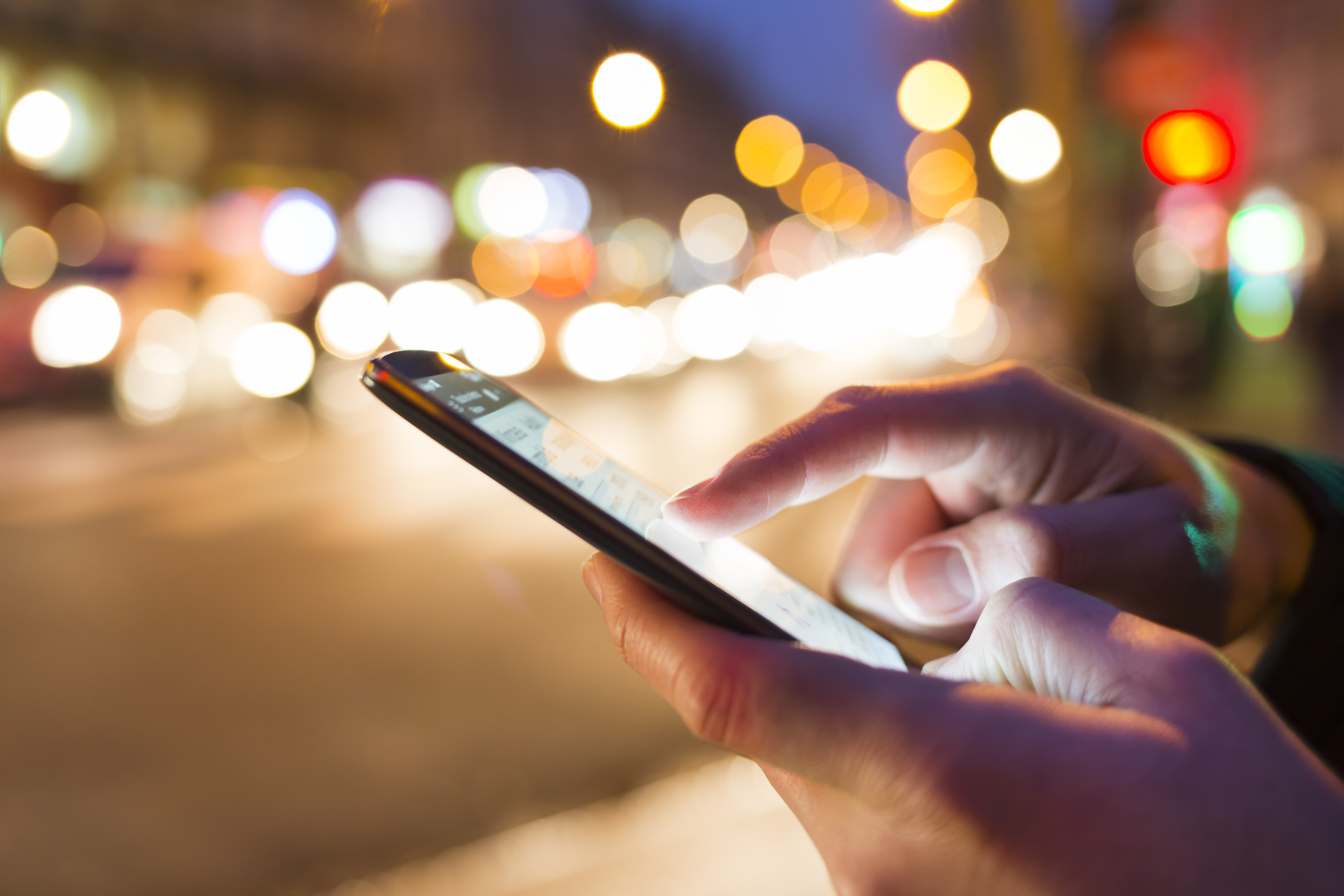Service will be the new differentiator in 2017. Every quality hotel in operation is host to a comfortable bed, high-quality amenities and fast internet connection. What’s more, guests who don’t care about service are shifting their interests away from hotels and toward home-sharing services, such as Airbnb, therefore any guest stepping into a hotel is there because they enjoy the service a hotel offers. Operators spoke throughout 2016 about predicting the needs of their guests, but it’s going to be more important than ever to capitalize on this aspect of service next year — and more than ever, this level of service is within reach.
A study conducted by Zebra Technologies, a developer of marking, tracking and computer printing technologies, found that 66 percent of guest respondents reported they had a better experience when working with hotel associates using latest technology, and 68 percent of guests “expressed a desire to use their smartphone to speed up check-in.”
It’s a repetition of one of the biggest trends of 2016 — streamlining the check-in process — but now guests are willing to help. A further 75 percent of guests said they were willing to share personal information including gender, age and email address in exchange for tailored promotions, coupons, priority service or loyalty points. It’s a give and take, though, and guests want something in return for handing over their information. The most valuable data that guests can hand over are location-based, however, and while some are warming up to the concept only 34 percent of millennials are willing to share their location, compared to 13 percent of 50-64-year-old travelers.
From smartphone check-in to cooking classes, hoteliers detail hospitality’s high-tech, high-touch revamp. https://t.co/lEWzzFDXXF pic.twitter.com/h59Y2lsxUd
— Zebra Technologies (@ZebraTechnology) December 22, 2016
Hotels aren’t deterred, however, with 74 percent of surveyed hotels and resorts revealing plans for new location-based technology within the next year. This technology will allow a hotel to track guest movements, prioritize recognition of guests prior to arrival, geo-target mobile offers based on their movements and compile analytics for future use.
Tom Moore, industry lead, retail & hospitality industry at Zebra Technologies, said this technology is currently being played with by the top 20 percent of hotels, primarily full-service properties with complete food & beverage operations. This is mainly due to the number of available offerings a hotel can promote to guests based on their location — something smaller or limited-service hotels may struggle with as the technology develops. In the long term, however, Moore said hotels should be looking into tracking guest location data to improve response times for guest concerns.
“The average metrics for a hotel, when making a request, is 10-12 minutes,” Moore said. “Trying to meet or exceed that metric would hit on some operations best practices for staffing, effectiveness, etc.”
According to the survey, hotels in Latin America are moving fastest when it comes to implementing location-based technology, something Moore theorizes has to do with the region’s large collection of resort hotels. However, Moore said location-based services are just as effective when implemented in a staff management capacity, and referred to back-of-the-house implementations as “low-hanging fruit.” These systems are best when incorporated with voice communications, such as radios or smartphones, allowing a property to track its employees and react on the fly when an incident occurs or a guest request is generated.
“When used this way, it doesn’t touch the guest but still has an impact because if [employees] can better service guests faster the feedback and ratings they get with positively impact occupancy and rate,” Moore said. “This kind of technology has an easier time generating revenue in the back of the house than in the front of the house in many ways.”

Aside from traveler’s until-recent reluctance to share their location data, the implementation of this technology in hotels has also been slow because, according to Moore, big brands have been advised that they need to integrate it into their loyalty program apps in order for it to be effective.
“If you are a big brand hotel you have the app, and it’s critical to integrate location services into the loyalty app because it’s the primary way you interact with guests,” Moore said. “That makes it a longer [development] cycle, but it will be interesting to see how 2017 plays out once this is all working as intended.”
Hotels are in a difficult position because guests are now more educated on what they want than ever before. However, with the new tools available to hospitality, operators can narrow their focus on the guest unlike ever before. It’s a good thing, because before long even this will be an expectation.
